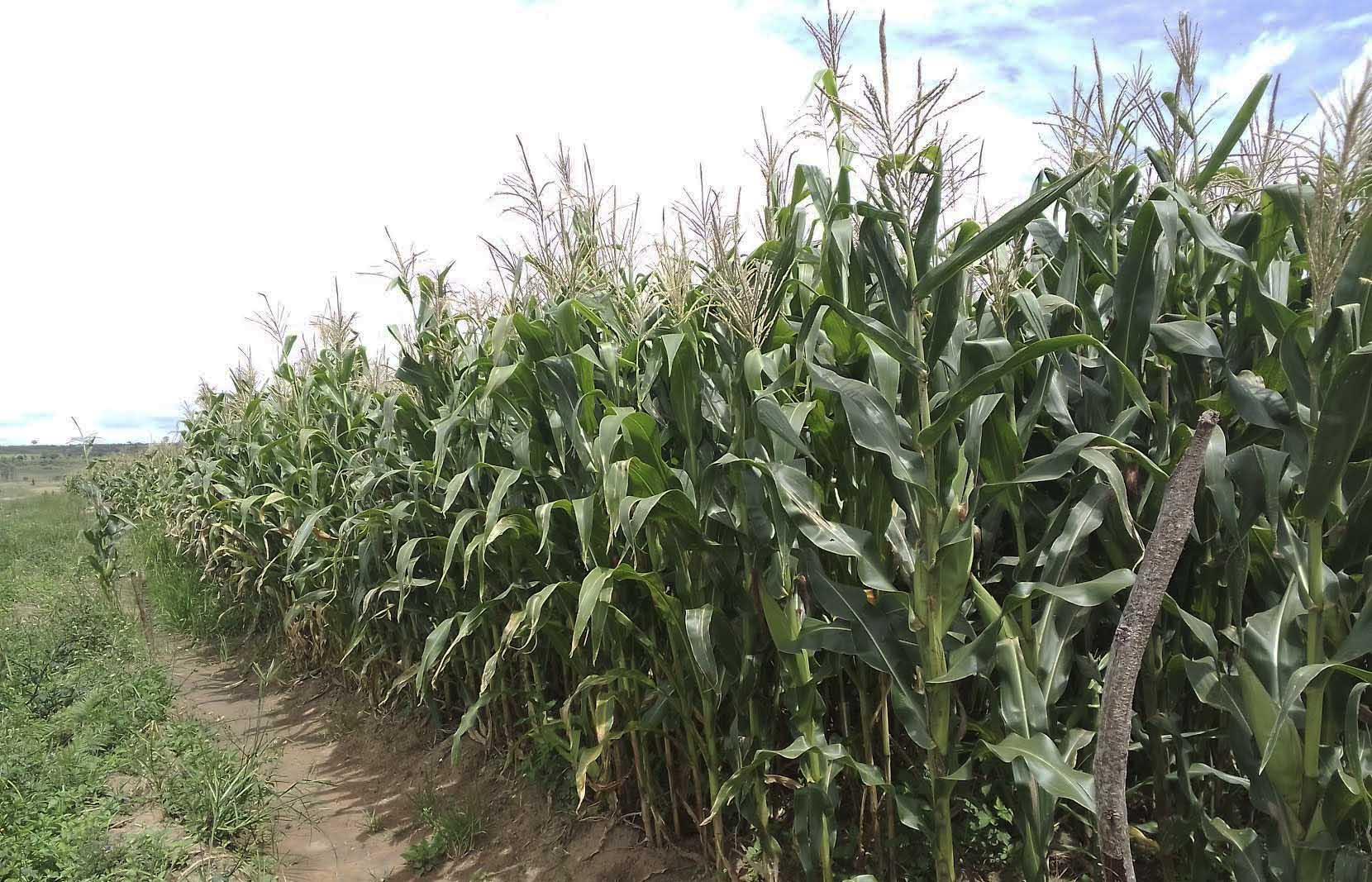Africa-Press – Eswatini. National Maize Corporation (NMC) Chief Executive Officer (CEO) Mavela Vilane says the country is likely to get a lower maize yield, compared to the 2023 harvest.
Vilane was reacting to the issue of Lubuli, where maize crops were drying up due to extreme hot temperatures. In 2022/23, the country received about 85 000 metric tonnes of maize.
Vilane indicated that climate change was affecting the entire world. He said because of this, it was high time the country started investing in the construction of earth dams throughout the country, instead of relying on dry land farming. “If we continue relying on dry land farming, we will continue facing the varieties of climate change being drought and hailstorms. In short, the country needs to invest more on irrigation infrastructure,” he said. Vilane said the Lowveld’s soil structure was good for irrigation, but insufficient water was the main challenge.
He said if the country would be affected by climate change, the implication was that the demand for maize, which stands at 140 000 metric tonnes annually, would not be met. He said the country got 85 000 metric tonnes in 2023. He said the country filled up the gap by importing mostly from neighbouring countries like South Africa (SA). “Due to what happened this year, even those who expected a high yield in the Highveld, were also affected by hailstorms. Meanwhile, those in the Lowveld had been hit by drought. Due to these circumstances, we are likely to go even below 85 000 metric tonnes in terms of the yield,” he said.
According to the CEO, even neighbouring countries had been affected by climate change. He said: “Since SA has also been affected by climate change, the country, through NMC, will be expected to source maize from abroad, once local maize gets depleted. This will escalate the costs of transportation.” He said since the whole Sub-Saharan Region had been affected by the issue, it was likely that the country would import maize from countries practising intensive farming. He said the further the supplier, the higher the food prices will increase. As a way forward, Vilane said if government had sufficient funds, those from the early warning department, in collaboration with NMC, as well as other relevant stakeholders, would conduct an assessment on how much yield the country could expect under the current drought and storm situation, versus the demand.
For More News And Analysis About Eswatini Follow Africa-Press







